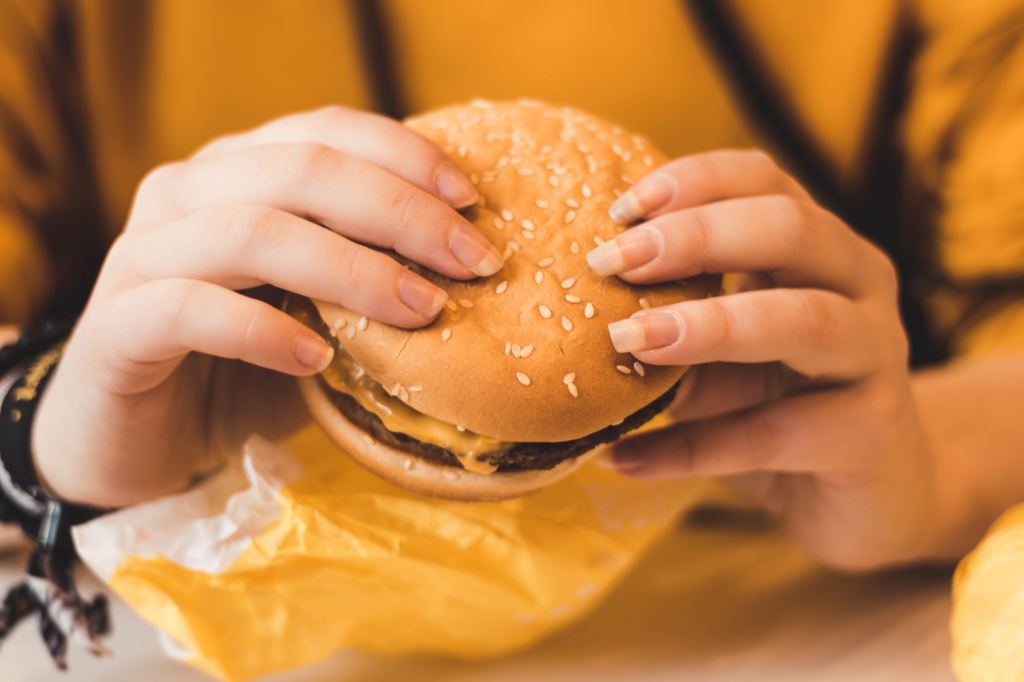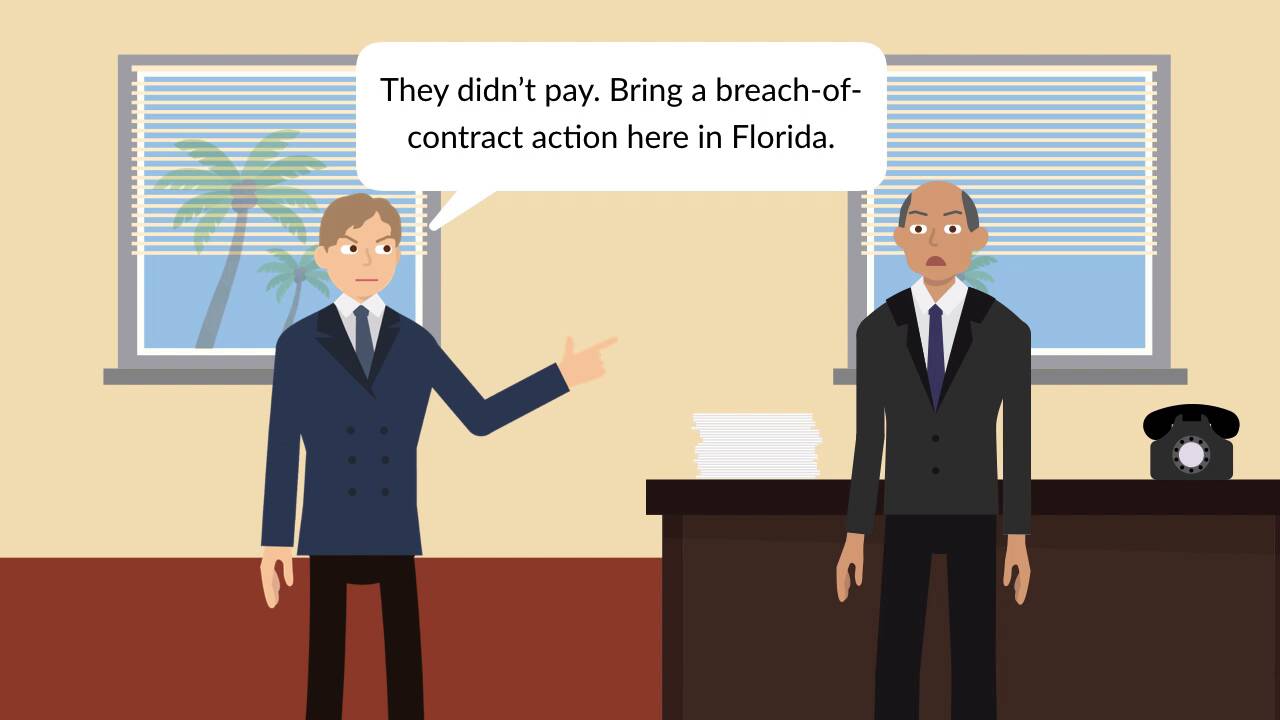Burger king v rudzewicz case brief – Burger King v. Rudzewicz, a pivotal case in defamation law, established important precedents regarding the interplay between free speech and corporate reputation. This case brief delves into the legal intricacies, court’s reasoning, and lasting impact of this landmark decision.
In 1984, Burger King sued Miami resident Steven Rudzewicz for distributing a leaflet that parodied the company’s advertising campaign. The leaflet depicted the Burger King mascot engaging in various sexual acts, accompanied by a humorous commentary.
Case Overview
The Burger King v. Rudzewicz case, decided by the Supreme Court of the United States in 2005, is a landmark case that expanded the First Amendment’s protection of free speech in the context of trademark infringement claims.
The case arose from a dispute between Burger King Corporation and two individuals, Mary and Joseph Rudzewicz. The Rudzewiczes created a website that criticized Burger King’s business practices and used the company’s trademark “Burger King” in the website’s domain name and logo.
Legal Issues

The legal issues raised in the case centered around the First Amendment’s protection of free speech and its applicability to trademark infringement claims.
Burger King argued that the Rudzewiczes’ use of its trademark without permission constituted trademark infringement. The Rudzewiczes, on the other hand, argued that their use of the trademark was protected by the First Amendment because it was a parody of Burger King’s advertising.
Court’s Reasoning

The Supreme Court ruled in favor of the Rudzewiczes, holding that their use of Burger King’s trademark was protected by the First Amendment.
The Court found that the Rudzewiczes’ website was a clear parody of Burger King’s advertising and that it did not create a likelihood of confusion among consumers. The Court also noted that the Rudzewiczes’ use of the trademark was not for commercial purposes, but rather for the purpose of criticizing Burger King’s business practices.
Impact of the Decision
The Burger King v. Rudzewicz decision has had a significant impact on subsequent cases involving trademark infringement and the First Amendment.
The decision has made it more difficult for trademark owners to succeed in infringement claims against parodists and critics. The decision has also helped to establish the First Amendment as a strong defense against trademark infringement claims.
Dissenting Opinions: Burger King V Rudzewicz Case Brief
The Burger King v. Rudzewicz decision was not unanimous. Four of the nine justices dissented, arguing that the Rudzewiczes’ use of Burger King’s trademark was not protected by the First Amendment.
The dissenting justices argued that the Rudzewiczes’ website was not a parody of Burger King’s advertising, but rather a commercial use of the trademark. The dissenting justices also argued that the Rudzewiczes’ use of the trademark created a likelihood of confusion among consumers.
Question & Answer Hub
What was the central legal issue in Burger King v. Rudzewicz?
The case centered on whether the leaflet distributed by Rudzewicz constituted protected speech under the First Amendment or defamatory speech that harmed Burger King’s reputation.
How did the court interpret the First Amendment in this case?
The court held that the leaflet was protected speech, finding that the parody was not intended to convey false information about Burger King and that it did not cause the company any actual harm.
What was the impact of the Burger King v. Rudzewicz decision on subsequent cases?
The decision established important precedents for the protection of parody and satire, clarifying the boundaries of permissible speech under the First Amendment.